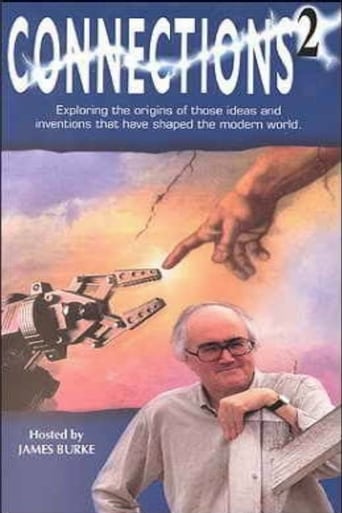
Trailer
Synopsis
Sequel series to the 1979 "Connections" where historian James Burke walks the viewer through the tenuous threads of history that link seemingly obscure scientific breakthroughs and the events and products that we have today.
Episode 20 : Flexible Response
September. 18,1994
Flexible Response is a whimsical look at the myth of the English longbow, Robin Hood, sheep, the need to drain land with windmills, the effect of compound interest, decimal fractions (wrongly pointing to the USA not Russia as the first country with decimal currency, in fact USA did not exist at the time of Russian decimalization in 1704), increased productivity, the Erie Canal, railroads, telegraphs, department stores, Quaker Oats, X-ray diagnostics, biofeedback, and servo control systems in a Panavia Tornado aircraft.
Episode 19 : Better Than the Real Thing
September. 04,1994
Better Than the Real Thing starts in the 1890s with bicycles and bloomers and then takes a look at boots, zippers, sewing machines, and infinitesimal difference. Speaking of small, we look at microscopic germs, polarized light, sugar, coal, iron, microbubbles, the spectroscope, night vision, beriberi resulting from polished rice, chickens, war rationing, and finally, we arrive at vitamins in a pill.
Episode 18 : Sign Here
August. 21,1994
Murphy's Law says you need insurance from Lloyd's of London, so pack your bags to study international law and protect yourself from piracy by calculating the probability. You better study Pascal's math for that, but you might find yourself jailed for free thinking. While you are in jail, study some sign language, or at least learn to speak better than Eliza Doolittle. Henry Higgins's waveform recordings lead you to the telephone, the invention of shorthand, the radiometer, gas flow, the Wright brothers' aeroplane, lubrication, ball bearings and a ballpoint pen so you can "Sign Here".
Episode 17 : One Word
August. 07,1994
The one word that changed everything was "filioque", but we must make a trip to Constantinople, visit the Renaissance, meet Aldus Manutius of Venice, explore abbreviations, learn about Italic print, which resulted in an overload of books, requiring the development of a cataloguing system, which was complicated for those seeking education, where Komensky was innovating with pictorial textbooks. And that brings us to church intolerance, James Watt and the Industrial Revolution, cerium, the asteroid Ceres, Gauss's mathematics, and cultural anthropology.
Episode 16 : Routes
July. 17,1994
Jethro Tull, a sick English lawyer, recuperates sipping wine and contributes the hoe to help fix farming problems. Farm production is not going so well in France, either. François Quesnay (doctor of King Louis XV's mistress) suggests a solution based on his complete misunderstanding of English farming techniques. Laissez-faire was his erroneous idea. It also got the people to demand social laissez-faire. His inciting the public's rebellion against the monarchy led to France's invasion of Geneva. The French Revolution led to personal exploration of the senses. Berlin doctor Müller reasoned that each sense does a different job and the nervous system analyses what the senses are telling one. Helmholtz's pupil, Hertz, discovered that sound and electricity have a wave-like nature in common. Guglielmo Marconi takes this a step further by sending and receiving signals very long distances across the earth. The BBC realised that the radio waves were reflected by the ionosphere, and Hess was the first to suggest that the ionization was due to "Hess rays" later related to solar activity. But World War II started and adding machines were needed to aim artillery, so digital computing was invented. Thus was enabled the GPS which tells travelers their "Routes".
Episode 15 : Making Waves
July. 03,1994
A permanent wave in ladies' hair is aided by curlers, and this leads us to explore borax, taking us to Switzerland, Johann Sutter's scam, and Sutter's Mill, and that means the discovery of gold leading to the 1848 California gold rush. Americans then cut into the English tea market with the aide of the Yankee Clipper, which played a big role in the gold rush. A fungus from America created the Irish potato famine, resulting in the importing of corn, but laws prevented the Yankee clippers from being used until it was too late to save Ireland. Finally, the laws were changed, leading to franking fraud, which was overcome by special printing of postage stamps, which gave us wallpaper, and a thickening agent, leading us to the Canal du Midi, the American war for independence, resettlement in Scotland, highlanders in Nova Scotia and—finally—the RMS Queen Elizabeth II.
Episode 14 : Bright Ideas
June. 19,1994
Gin and tonic was invented to combat malaria in British colonies like Java, which leads us to Geneva, where cleanliness is an obsession. Here, tonic water was sealed with a disposable bottle cap, and razors became disposable, leading us to Huntsman's steel, invaluable for making clock springs. We take a little trip through lighthouses, the education of orphans, psycho-physics, the law of the just noticeable difference, which is the idea behind stellar magnitudes, which leads us to discovering the size of the universe.
Episode 13 : The Big Spin
June. 05,1994
The Big Spin is what California's lottery TV show is called. And lottery being a game of chance, from here Burke takes us through Alexander Fleming's chance discovery of penicillin, to Rudolf Virchow's observation that contaminated water is related to health, to Schliemann's search for the City of Troy, the theft of a discovered treasure, and to Virchow's criminology. From there we proceed to anthropology, the classification of life forms, Francis Bacon, the statistics of mortality, life expectancy, statistical math, Priestley's carbonated water, the soda fountain, petroleum oil, some French fossil hunters, seismology, and impossible-to-predict earthquakes.
Episode 12 : Hot Pickle
June. 05,1994
Burke starts out in a spice market in Istanbul where you can find hot pickle, recounts the taking of Constantinople by the Turks in 1453, follows the trail of pepper, tea, and opium and the exploitation of addicts, moves to the jungles of Java, then to zoos, the use of canaries as carbon monoxide detectors, how George Stephenson used his consolation prize to build a locomotive, which led to the battle between the Monitor and the Merrimack. Next we visit a sea island off the coast of South Carolina, where children of slaves are schooled. By the way, they picked cotton, which leads us to gaslight and air conditioning. Georgia Cayvan's glass dress leads to the neodymium glass laser, (which was used in the Gulf War). And the armed switch for firing a missile is also called a "hot pickle".
Episode 11 : New Harmony
May. 22,1994
A dream of utopia is followed from microchips to Singapore, from the transistor to its most important element, germanium, to Ming vases and cobalt fakes (which contribute to the blue in blue tiles used in special Islamic places), and mosaics in Byzantium, the donation of Constantine, Portuguese navigation by stars, the "discovery" of Brazil, Holland's tolerance, diamond merchants, optics, microscopes, beasts of science, Frankenstein's monster, and finally New Harmony.
Episode 10 : Deja Vu
May. 22,1994
James Burke provides evidence that history does repeat itself by examining the likes of black and white movies, conquistadors, Peruvian Incas, small pox, settlements that look like Spain's cities, the gold abundance ending up in Belgium, Antwerp, colony exploitation, the practice of burying treasure to avoid pirates, Port Royal's pirates, earthquakes, the College of William and Mary, military discipline, Alexander Humboldt's observation on the environment, Ratzel's superstate Lebensraum, and Haushofer's world domination.
Episode 9 : High Times
May. 08,1994
The connection between polyethylene and Big Ben is a few degrees of separation, so let us recount them: polyethylene, radar, soap, artificial dyes, color perception, tapestries, Far East goods, fake lacquer furniture, search for shorter route to Japan, Hudson in Greenland, the discovery of plentiful whales, printing the Bible, Mercator map, Martin Luther's protest, star tables, Earth as a flattened sphere, and George Graham's clock which of course leads to Big Ben.
Episode 8 : Separate Ways
April. 17,1994
Burke shows how to get from sugar to atomic weapons by two totally independent paths. The first involves African slaves, Abolitionist societies, Sampson Lloyd II, wire, suspension bridges, galvanised wire, settlement of the Wild West, barbed wire, canned corn, and cadmium. The second path involves sweet tea, rum, a double boiler, the steam engine, Matthew Boulton, English currency, the pantograph, electroplating, and cathode ray tubes.
Episode 7 : Photo Finish
April. 03,1994
Another series of discoveries examined by Burke includes Eastman Kodak's Brownie, the disappearing elephant scare of 1867, billiard balls, celluloid as a substitute for ivory, false teeth that explode, gun cotton, double shot sound of a bullet, Mach's shock wave, aerodynamics, nuclear bombs, Einstein's relativity, Einstein's selenium, movie talkies, the vacuum tube amplifier, radio, railroad's use of wood, coal tar, gas lights, creosote, rubber, the Zeppelin, the automobile, and finally how Adeline vulcanises tires.
Episode 6 : Echoes of the Past
March. 20,1994
The past in this case starts with the tea in Dutch-ruled India, examines the Japanese tea ceremony, Zen Buddhism, porcelain, the architecture of Florence, Delftware, Wedgwood, Free Masons, secret codes, radio-telephones, cosmic background radiation and—finally – radio astronomy, which listens to "Echoes of the Past".
Episode 5 : Something for Nothing
March. 06,1994
How do space shuttle landings start with the vacuum which was forbidden by the Church? Burke takes us on an adventure with barometers, weather forecasting, muddy and blacktop roads, rain runoff, sewage, a cholera epidemic, hygiene, plumbing, ceramics, vacuum pumps, compressed-air drills, tunnels in the Alps, train air brakes, hydroelectric power, the electric motor, Galvani's muscle-electricity connection, Volta's battery, and gyroscopes.
Episode 4 : Whodunit?
February. 20,1994
This episode starts with a billiard ball and ends with a billiard ball. Along the way, Burke examines Georgius Agricola's De Re Metallica, how mining supported war, the role of money, the Spanish Armada, large ships, problems posed by a wood shortage, glass making, coal, plate glass, mirrors, the sextant, the discovery of granite, and seashells in the mountains, which enabled a new view of the age of the earth, and Darwin's theory of evolution, Francis Galton's Eugenics, and the forensic use of fingerprints.
Episode 3 : Getting it Together
February. 06,1994
James Burke explains the relationship between hot air balloons and laughing gas, and goes on to surgery, hydraulic-water gardens, hydraulic rams, tunnelling through the Alps, the Orient Express, nitroglycerin, heart attacks and headaches, aspirin, carbolic acid, disinfectants, Maybach-Gottlieb Daimler-Mercedes, carburetors, helicopters, typewriters, punch cards, and IBM.
Episode 2 : Sentimental Journeys
January. 16,1994
What do these have in common – Freud, lifestyle crisis, electric shock therapy, hypnotherapy, magnetism, phrenology, penology, physiology, synthetic dyes, the Bunsen burner, absorption, Fraunhofer lines, astronomical telescopes, chromatic aberrations, and surveying? Follow James Burke on the trail of discovering the connections between these and others in "Sentimental Journeys".
Episode 1 : Revolutions
January. 02,1994
What do all these things have in common—three grandfathers' lifetimes, two revolutions, 1750 Cornish steam engines for Cornwall's tin mines, water in mines, pumps, steam engines, Watt's copier, carbon paper, matches, phosphorus fertiliser, trains and gene-pool mixing, travelling salesmen, 24-hour production, educated women, the telephone, high-rise buildings, Damascus's swords, steel, diamond, carborundum, graphite, oscilloscope, television, Apollo space program, X-ray crystallography, DNA and gene therapy? You will learn these things in the first episode of Connections2, "Revolutions".
Seasons
Related
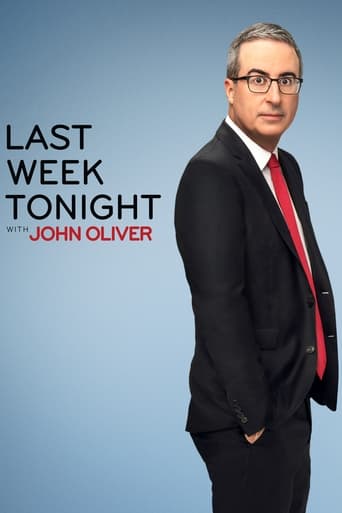
Last Week Tonight with John Oliver
A half-hour satirical look at the week in news, politics and current events.

Game of Thrones
Seven noble families fight for control of the mythical land of Westeros. Friction between the houses leads to full-scale war. All while a very ancient evil awakens in the farthest north. Amidst the war, a neglected military order of misfits, the Night's Watch, is all that stands between the realms of men and icy horrors beyond.

Stranger Things
When a young boy vanishes, a small town uncovers a mystery involving secret experiments, terrifying supernatural forces, and one strange little girl.
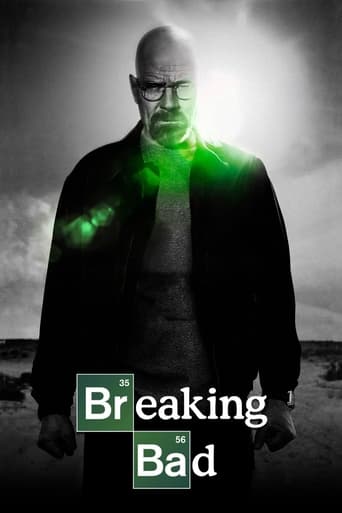
Breaking Bad
Walter White, a New Mexico chemistry teacher, is diagnosed with Stage III cancer and given a prognosis of only two years left to live. He becomes filled with a sense of fearlessness and an unrelenting desire to secure his family's financial future at any cost as he enters the dangerous world of drugs and crime.
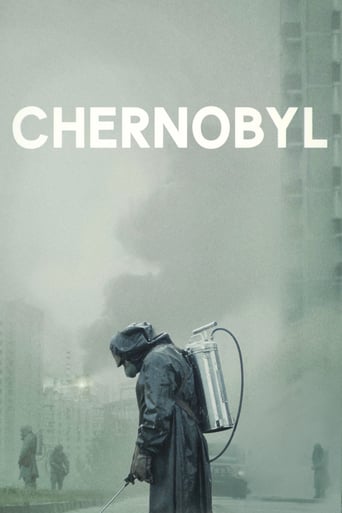
Chernobyl
The true story of one of the worst man-made catastrophes in history: the catastrophic nuclear accident at Chernobyl. A tale of the brave men and women who sacrificed to save Europe from unimaginable disaster.
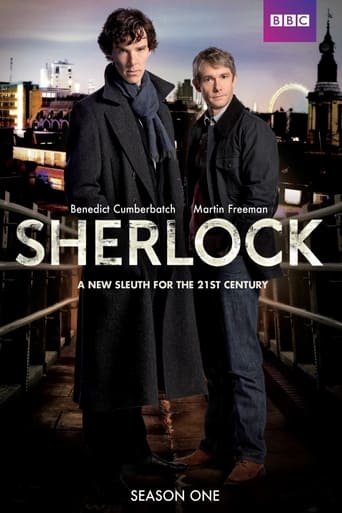
Sherlock
A modern update finds the famous sleuth and his doctor partner solving crime in 21st century London.
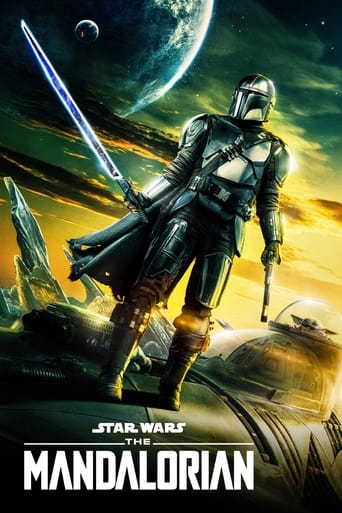
The Mandalorian
After the fall of the Galactic Empire, lawlessness has spread throughout the galaxy. A lone gunfighter makes his way through the outer reaches, earning his keep as a bounty hunter.
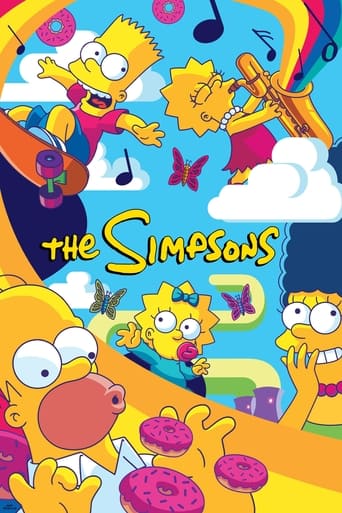
The Simpsons
Set in Springfield, the average American town, the show focuses on the antics and everyday adventures of the Simpson family; Homer, Marge, Bart, Lisa and Maggie, as well as a virtual cast of thousands. Since the beginning, the series has been a pop culture icon, attracting hundreds of celebrities to guest star. The show has also made name for itself in its fearless satirical take on politics, media and American life in general.
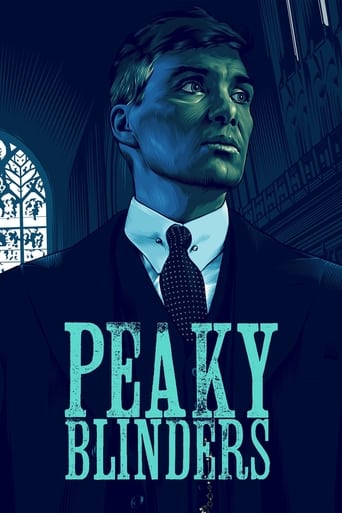
Peaky Blinders
A gangster family epic set in 1919 Birmingham, England and centered on a gang who sew razor blades in the peaks of their caps, and their fierce boss Tommy Shelby, who means to move up in the world.
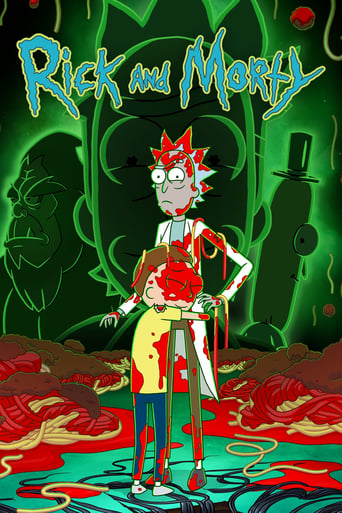
Rick and Morty
Rick is a mentally-unbalanced but scientifically gifted old man who has recently reconnected with his family. He spends most of his time involving his young grandson Morty in dangerous, outlandish adventures throughout space and alternate universes. Compounded with Morty's already unstable family life, these events cause Morty much distress at home and school.
Top Streaming TV Show
#1

Ikaw
November. 12,2021
5.9
#2
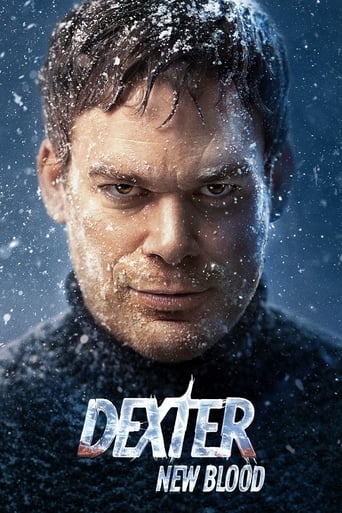
Dexter: New Blood
November. 07,2021
8
#3
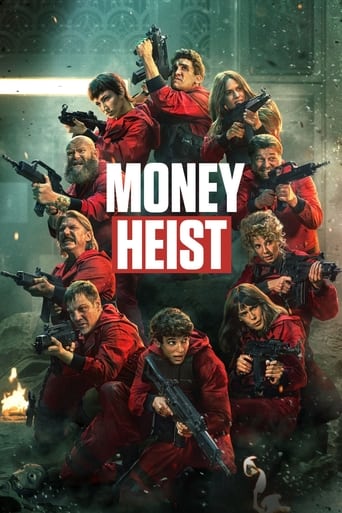
Money Heist
May. 02,2017
8.4
#4
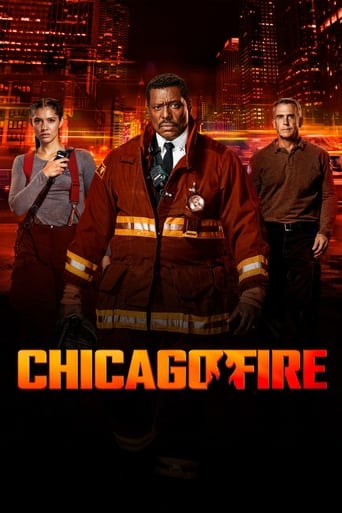
Chicago Fire
October. 10,2012
8
#5

Emily in Paris
October. 02,2020
6.8
#6
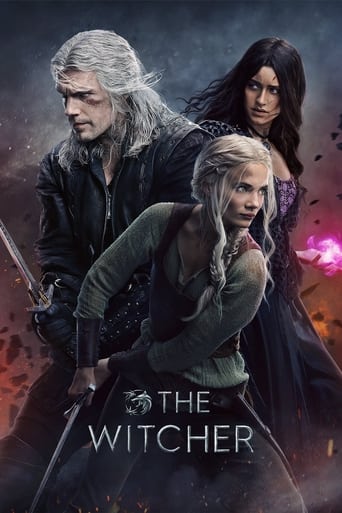
The Witcher
December. 20,2019
8
#7
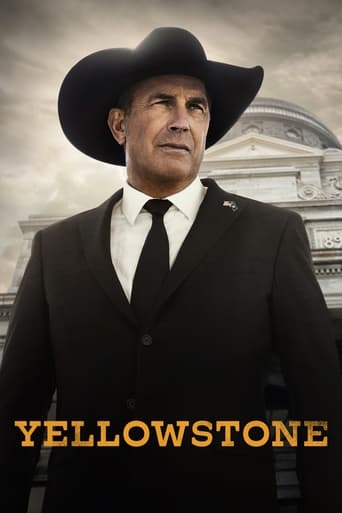
Yellowstone
June. 20,2018
8.7
#8
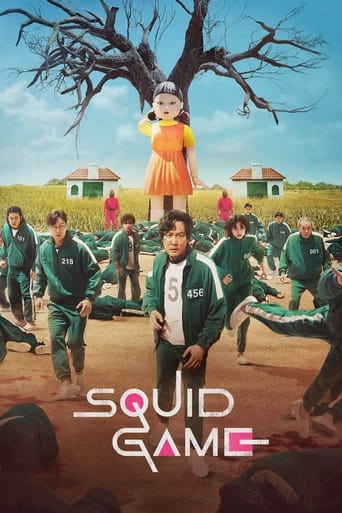
Squid Game
September. 17,2021
8
#9

The Bachelorette
September. 23,2015
5.3
#10
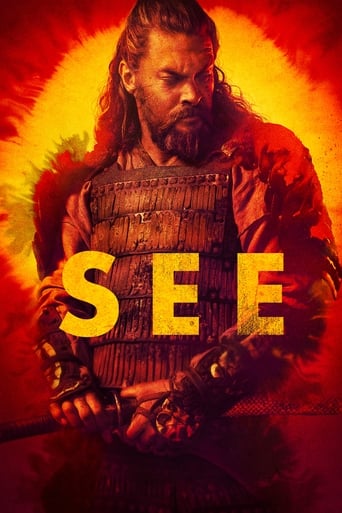
See
November. 01,2019
7.6

